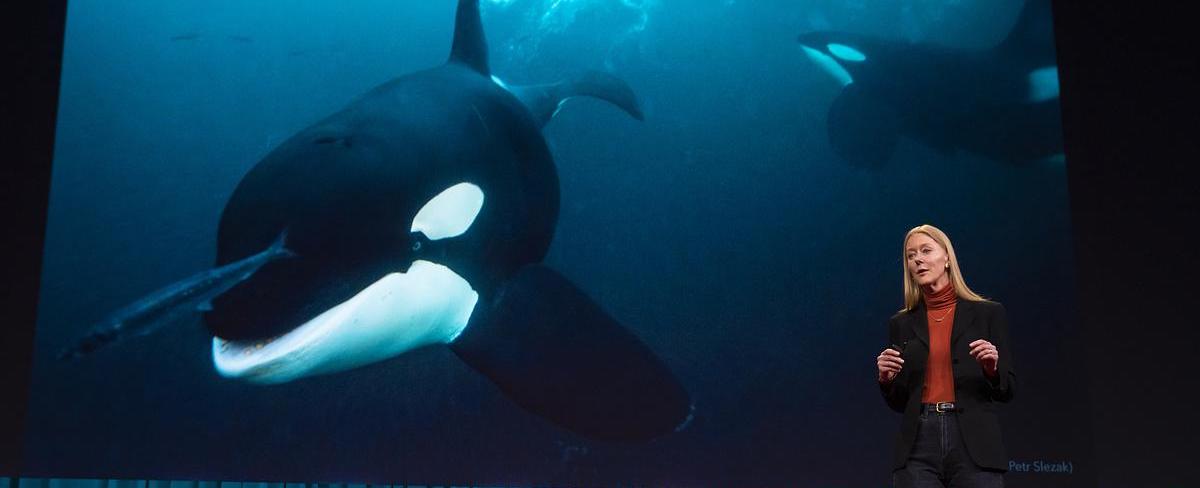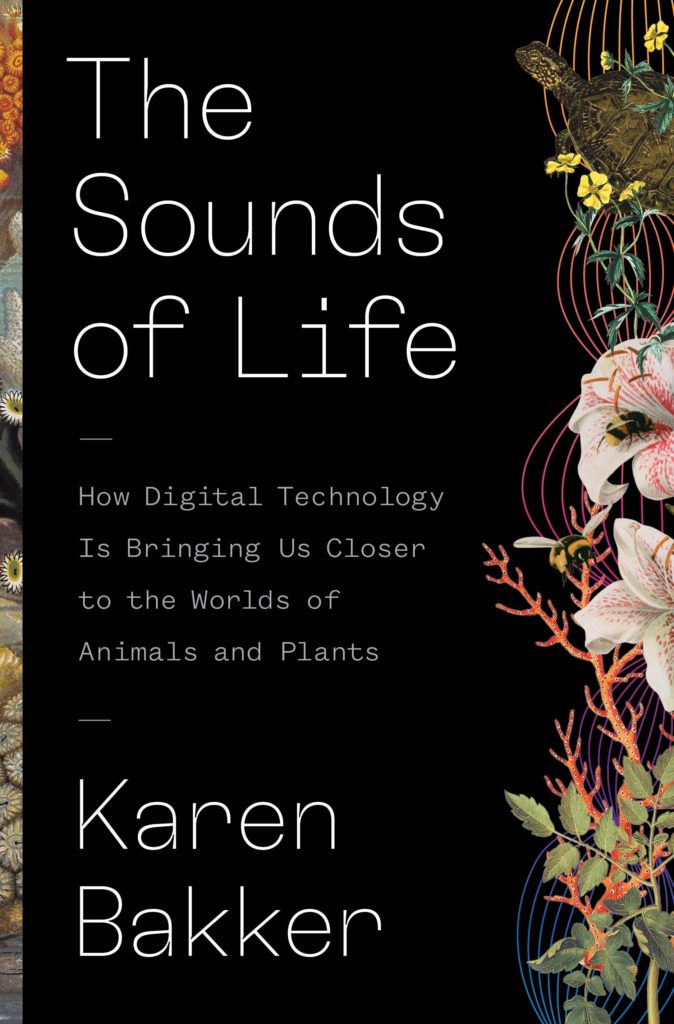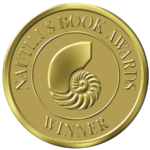

Karen Bakker is an author and award winning researcher of digital innovation and environmental governance.
“Can we mobilize digital tech to fight back against biodiversity loss? The Sounds of Life gives us a rare gift: hope in a time of environmental emergency.” —Naomi Klein, author of This Changes Everything
“Beautifully written, thoroughly researched, and packed with insight. A wonderful invitation to expansive listening.” —David George Haskell, author of Sounds Wild and Broken: Sonic Marvels, Evolution’s Creativity, and the Crisis of Sensory Extinction
“The whole world is communicating and singing. Even plants are in on the conversation. This astonishing book will forever change the way you hear the world. More important, it will make you a better listener. Karen Bakker’s writing and storytelling are fully up to the subject, and her scholarship is impeccable.” —Carl Safina, author of Beyond Words: What Animals Think and Feel and Becoming Wild
“The Sounds of Life is an ode to the symphonies below our feet, hidden in the skies and beneath the water, and singing to us across hills, valleys, and forests. Come encounter how the best of science can listen in to our planet and help us become the ancestors future generations need us to be.” —Éliane Ubalijoro, Global Hub Director, Canada, Future Earth
“This book harmonizes ancient wisdom with contemporary research about the sounds of life. In clear and compelling prose, Bakker reveals how Indigenous knowledge mingles with cutting-edge scientific inquiry to deepen our understanding of life’s rhythms. If whales, fish, bats, turtles, plants, and bees could write endorsements, I think they would highly recommend this book.” —John Borrows, University of Victoria
“The Sounds of Life is a fascinating and engaging read for scientists and the general public alike. The book is meticulously researched and illuminates the captivating world of natural sounds, many of which evade the human ear.” —Holger Klinck, K. Lisa Yang Center for Conservation Bioacoustics, Cornell University
The Sounds of Life
“Western scientists assumed turtles were mute and deaf. It was humans, as it turns out, who were the ones who couldn’t hear.” —from The Sounds of Life
“Humanity may be on the brink of inventing a zoological version of Google Translate.” —from The Sounds of Life
Western science and philosophy has long assumed that sonic communication—and hence language—was limited to relatively few species. But as professor Karen Bakker shows in her thrilling and deeply researched new book, THE SOUNDS OF LIFE: How Digital Technology Is Bringing Us Closer to the World of Animals and Plants (Princeton University Press; October 18, 2022) we can now—thanks to advances in bioacoustics, Artificial Intelligence, and other digital technologies—listen to and decipher the intricate communication of plants and animals, much of which occurs at frequencies imperceptible to the naked human ear. These breakthroughs give us remarkable new ways of observing life on planet Earth, and put us on the cusp of an entirely new realm of scientific knowledge.
THE SOUNDS OF LIFE is a popular science book that will fundamentally change the public conversation about humanity’s relationship to the environment.
Bakker takes readers on a tour of the vast and wondrous sonic landscape of plants and animals: Dolphins call each other by individual names, and in response to the buzz of bees, flowers flood themselves with nectar. Turtle embryos, still in their shells, coordinate the timing of their births through sound. Coral larvae find their way home by sensing the symphony emanating from a reef’s aquatic life. Bakker explains how scientists are using bioacoustics to protect and regenerate endangered species across the planet, from the Silicon Valley to the Great Barrier Reef, to the Arctic and the Amazon. And she reveals how even subtle forms of noise pollution are dramatically damaging the natural world—including humans.
Most astonishing of all, scientists are using digital technologies to break the barriers of interspecies communication. Using robotics and AI, researchers are decoding non-human language, creating dictionaries in languages like East Africa Elephant and Sperm Whalish, and engaging in two-way dialogues with dolphins and honeybees.
Featuring a cast of characters ranging from scientists and conservationists to digital tech entrepreneurs, THE SOUNDS OF LIFE is an electrifying story of scientific discovery, a novel journey through the natural world, and an impassioned call for environmental conservation. In the tradition of SILENT SPRING and A SAND COUNTY ALMANAC, this poetic, enthralling, and accessible book will forever change how you look at, and listen to, the world.

